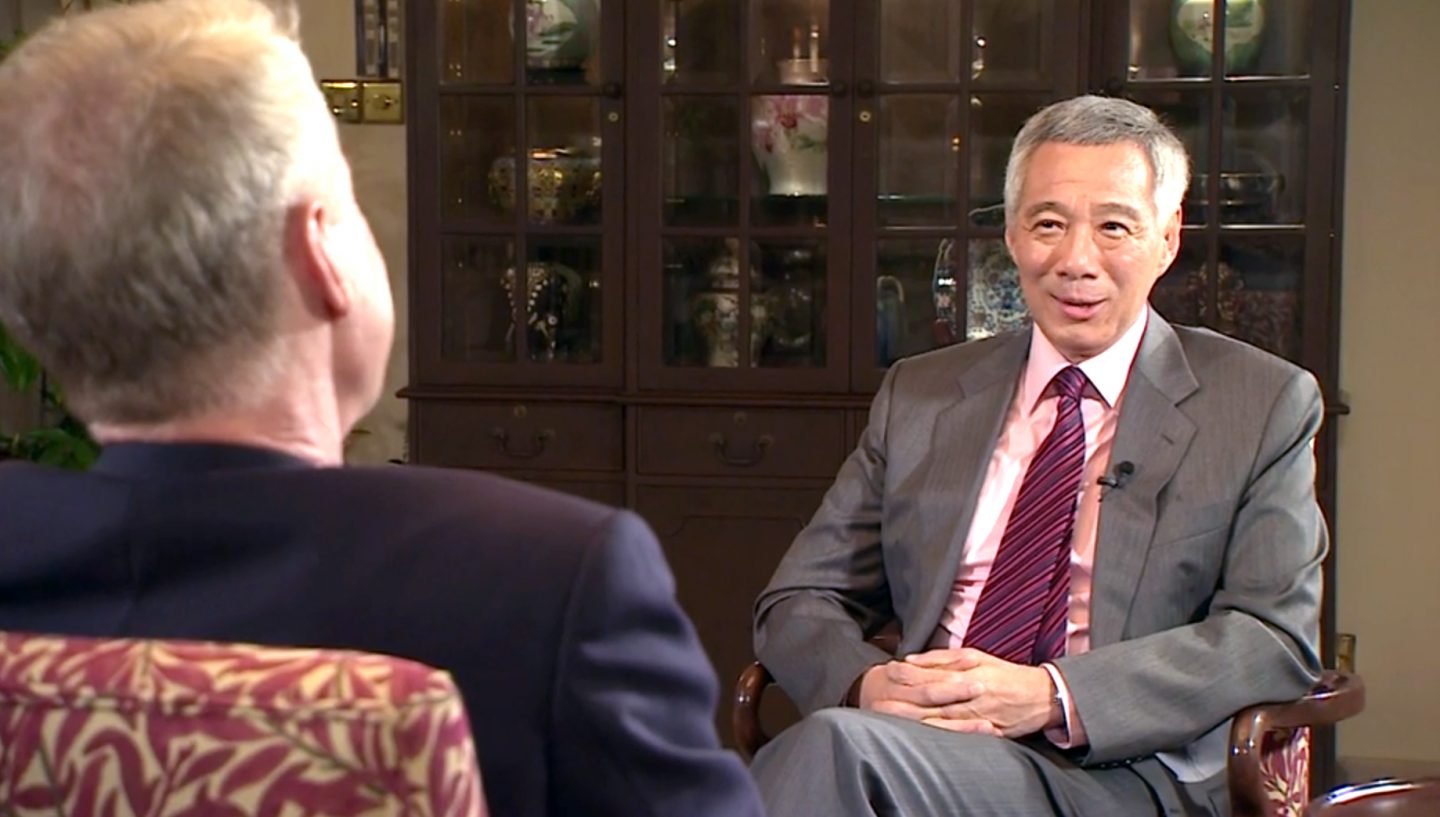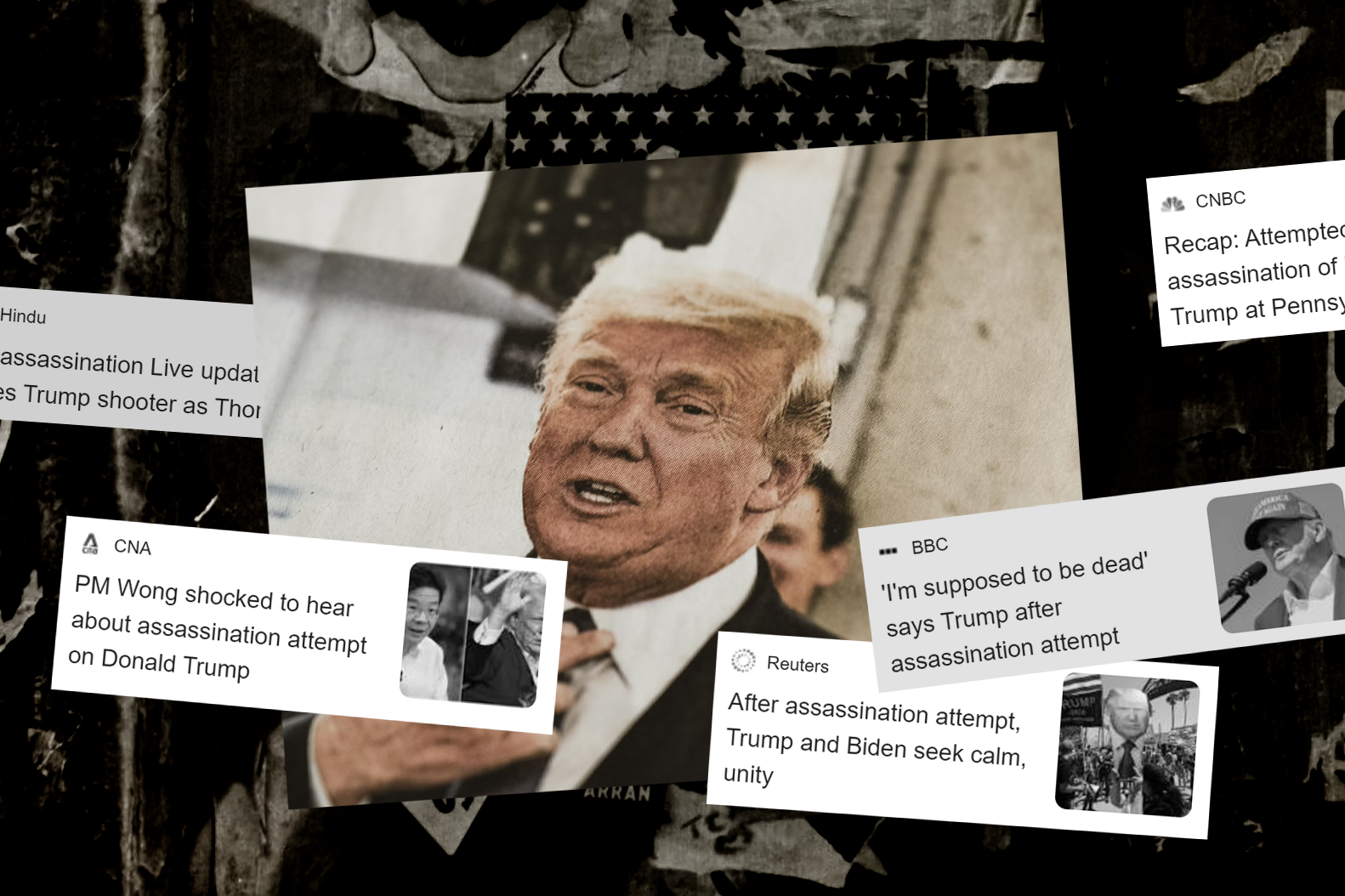By now you’ll have heard Prime Minister Lee Hsien Loong’s comments on BBC’s HARDTalk, airing on the news channel this week.
He shared his views on the Terrex dispute (“A satisfactory outcome”), United States under a Trump presidency (“This has put a dent in the degree to which people can be confident of America’s policies”), Brexit (“You have to make the best of it now”), dissidents like Amos Yee (“The fact is, Singaporeans are happy”), and the possibility of Mr Tharman Shanmugaratnam becoming Prime Minister (“There are very few countries where you can say their race does not count at all”).
But when the conversation turned to morals, ethics and values, Mr Lee sent a signal that in the Singapore model, the Government is beholden to its citizens’ views.
The government’s role is not to tell Singaporeans that they must adapt to changing social mores, said Mr Lee. For example, in the case of Singapore’s Section 377A, which criminalises gay sex in Singapore, Mr Lee told BBC Hardtalk’s Stephen Sackur that the existence of the law “is a matter of society values”.
He added: “This is a society which is not that liberal on these matters. Attitudes have changed, but I believe if you have a referendum on the issue today, 377A would stand. I’m prepared to live with it until social attitudes change.”
THE ROLE OF GOVERNMENT
There is an age-old question about the role of government in the lives of people: Are politicians there to reflect the views of its citizens or influence them?
Is the assumption that government exists to fulfil the will of the people, or guide it?
Should politicians do what the people want, or do what they feel the people need?
Of course the answer is never as simple as that, and there’s always a bit of both sides going on – as the people speak, the Government listens and acts, but only in a manner that benefits the people.
But in subjective, contentious, potentially divisive areas, the Prime Minister has stated his stand: The Singapore Government will choose not to make the judgment call, and will go with what the majority decides.
I suppose you could call that democracy in its purest form, short of the impracticality of an endless stream of referendums. It protects a nation from having decisions made by a vocal minority, and it gives it the ability to make a sovereign decision, irrespective of which way the winds of the world are blowing.
Or, as Mr Lee told the host: “Why would you presume to tell me how my country should be run?”
WHAT DOES THIS MEAN TO YOU?
Very simply, it means you have a say in the future of this country.
The implication that the majority has a say on how the Singapore Government will move on contentious topics is a signal for the majority to be confident in airing its voice.
And, by extrapolation, it means that silence on key issues will always work against you.
It doesn’t matter if there’s a moral majority if it’s so silent as to be invisible, unheard.
Those of us who are guided by faith must know what we are called to do, in terms of being positive influences on our land.
If you are the light of the world, but no one gets to see the light – or if you have a voice, but you choose never to let anyone hear it – why were we ever given the light in the first place? Why were we given a voice?
You have Joseph, promoted to a high position in the palace of the Pharoah, whose role was to keep the nations from perishing from hunger. You have Daniel, who stood on the side of God in the face of ungodly king after ungodly king. You have Esther, who was reminded that prestige and position are given for a reason.
“For if you remain silent at this time … you and your father’s family will perish. And who knows but that you have come to your royal position for such a time as this?” (Esther 4:14)
And neither do you have to be royalty to have influence.
There is Nehemiah, merely the cupbearer to the king, whose power came only in prayer before each petition made to Artaxerxes. There is Paul, the tentmaker, who by force of conviction seeks an audience to defend the Gospel before Caesar. There is Ezekiel the priest – and remember, we are all priests – who reminds us of our roles as Watchmen in society (Ezekiel 3:17-21).
Choose to speak, and “I will make you unyielding and hardened. I will make your forehead like the hardest stone, harder than flint. Do not be afraid of them or terrified”, God promises in Ezekiel 3:8-9.
But fail to speak, and we are held accountable (Ezekiel 3:20).
Why would an outsider presume to tell Singaporeans how Singapore should be run, the Prime Minister argued. But clearly, an insider – a citizen – has a very different responsibility.
“Neither do people light a lamp and put it under a bowl. Instead they put it on its stand, and it gives light to everyone in the house,” we are compelled in Matthew 5:15.
If you are the light of the world, but no one gets to see the light – or if you have a voice, but you choose never to let anyone hear it – why were we ever given the light in the first place? Why were we given a voice?
“If the salt loses its saltiness, how can it be made salty again? It is no longer good for anything, except to be thrown out and trampled underfoot.” (Matthew 5:13)









